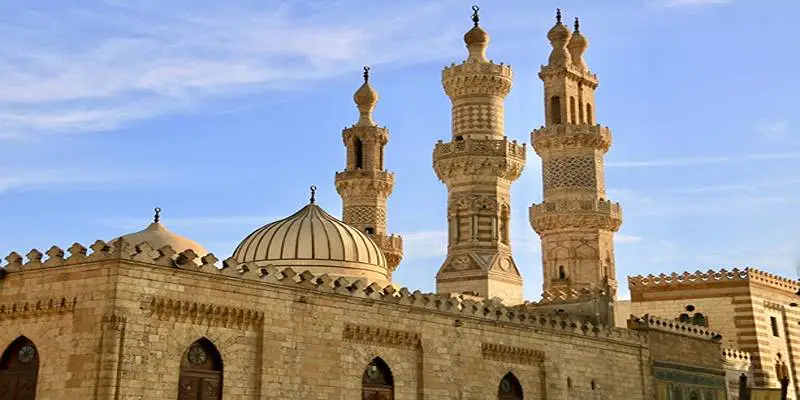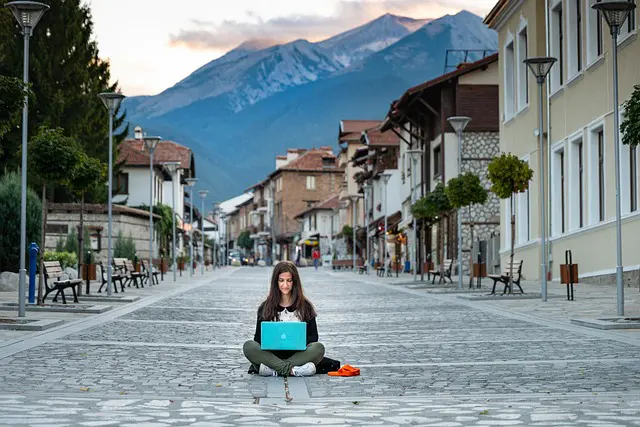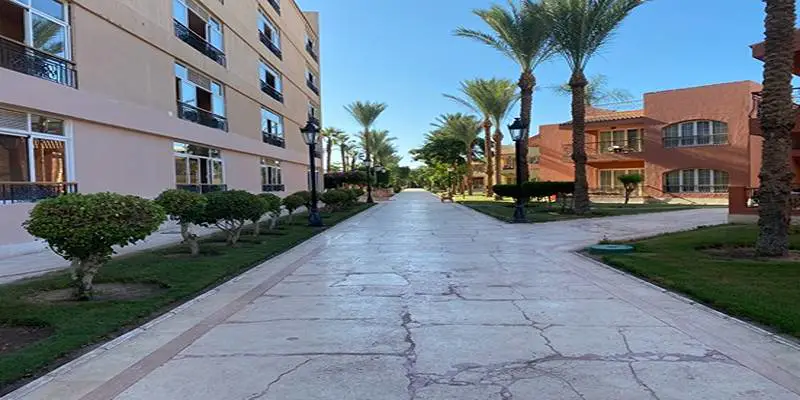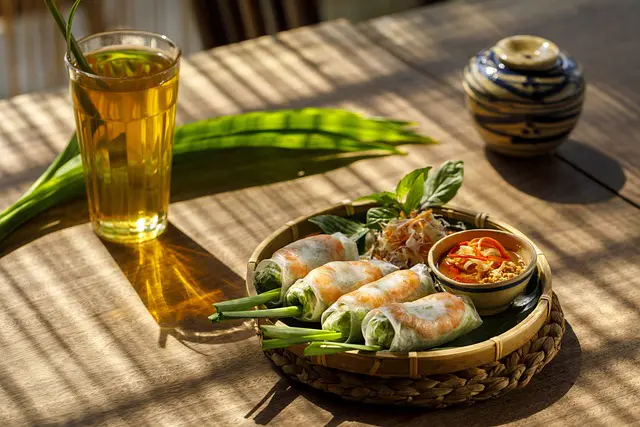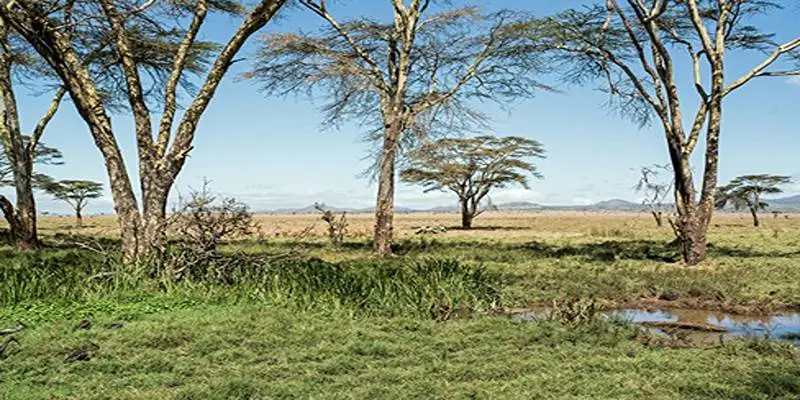Egypt, with its majestic pyramids and a tapestry of rich culture, calls to the adventurous soul. The draw of its ancient enigmas and the scenic Nile river cruises is irresistible. To ensure a seamless and delightful journey, thorough planning is crucial. This guide compiles all the vital information needed for your maiden voyage to Egypt, from pre-trip preparations to essential travel advice. Whether you're exploring the bustling streets of Cairo or wandering through the historical sites of Luxor, being well-prepared will undoubtedly enhance your travel experience.
Key Travel Preparations for Your Egyptian Expedition
Visa Regulations and Entry Formalities
Before setting off, understand the visa requirements for your nationality when visiting Egypt. Many travelers can obtain a 30-day e-Visa on arrival, while others might get their visa at airports such as Cairo or Hurghada. Ensure you're aware of the most current visa rules for your country and that your passport is valid for at least six months after your travel dates. Always have a physical copy of your visa approval or other relevant entry documents on hand.
Health Precautions and Vaccinations
Consult your healthcare provider about the necessary vaccinations for Egypt, including those for hepatitis A, typhoid, and tetanus. Pack essential medical supplies like bandages, pain relievers, and digestive aids. Avoid drinking tap water and opt for bottled water, as it is unsafe for consumption. Consider purchasing travel health insurance that includes medical evacuation coverage and identify the nearest medical facilities at your destination.
Travel Insurance and Emergency Strategies
It is highly recommended to have comprehensive travel insurance for your trip to Egypt. Your policy should cover medical evacuations, trip cancellations, and the loss or theft of personal belongings. While Egypt is generally safe for tourists, it's prudent to have an emergency plan. Digitize and securely store copies of your passport, travel insurance, and other important documents, or entrust them to a reliable individual. Register with your country's embassy to facilitate quick assistance in case of emergencies.
Cultural Adaptation and Etiquette in Egypt
Understanding Egyptian Social Customs and Traditions
Egyptians are known for their warmth and politeness. Greeting with "salaam alaikum" is a friendly way to initiate interaction. They highly value family and religious traditions, so it's important to respect Islamic practices, especially during prayer times, and to avoid public displays of affection. Bargaining is a common practice in markets, so be prepared to negotiate prices in tourist areas.
Appropriate Attire and Modesty
Egypt is a conservative country, particularly outside of tourist areas. Dressing modestly is a sign of respect, with women covering their shoulders and knees, and men avoiding shorts in religious sites. When visiting mosques, both men and women should cover their heads, so carrying a scarf is practical. While beachwear is acceptable at resorts, it's advisable to dress conservatively when exploring other areas.
Tipping Customs in Egypt
In Egypt, tipping is a customary way to express gratitude for services rendered. For minor services like luggage assistance, a tip of 5-10 EGP is appropriate. In restaurants or for tour guides, a tip of 10-15% of the total bill is standard. Keep small denominations on hand for various tipping situations.
Safety Tips for Travelers in Egypt
Securing Your Safety in Public Spaces
While Egypt is generally safe for visitors, caution is advised, especially in crowded areas. Stick to well-lit, populated areas and avoid deserted locations at night. Be vigilant against pickpockets in busy markets and tourist attractions. Use a money belt to secure your valuables and store non-essential items securely in your hotel.
Recent
See All2025-08-27
"Workcations" Emerge as the New Travel Trend in 2025: Mixing Business with Pleasure
2025-08-27
Discovering Europe's Best-Kept Secrets: Uncharted Travel Destinations
2025-08-27
Explore the Vibrant Fabric of Japan by Rail: A Comprehensive Travel Guide
2025-08-27
Delve into the Enigmatic Mysteries of Egypt Beyond the Pyramids
2025-08-27
Discover the Future of Travel: AI and Robotics Redefining Your Vacations
2025-08-27
Embark on a Culinary Journey: Unmissable Foodie Destinations
2025-08-27
Embark on an Enchanting Journey Through Egypt's Timeless Splendors
2025-08-27
Discovering Kenya's Rich Wildlife: A Thrilling Safari Journey
2025-08-27
The Evolution of Travel: AI and Robotics Transforming Your Vacations
2025-08-27
Embarking on a Journey: Discovering the Essence of Local Cultures
Newsletter
Get life tips delivered directly to your inbox!
